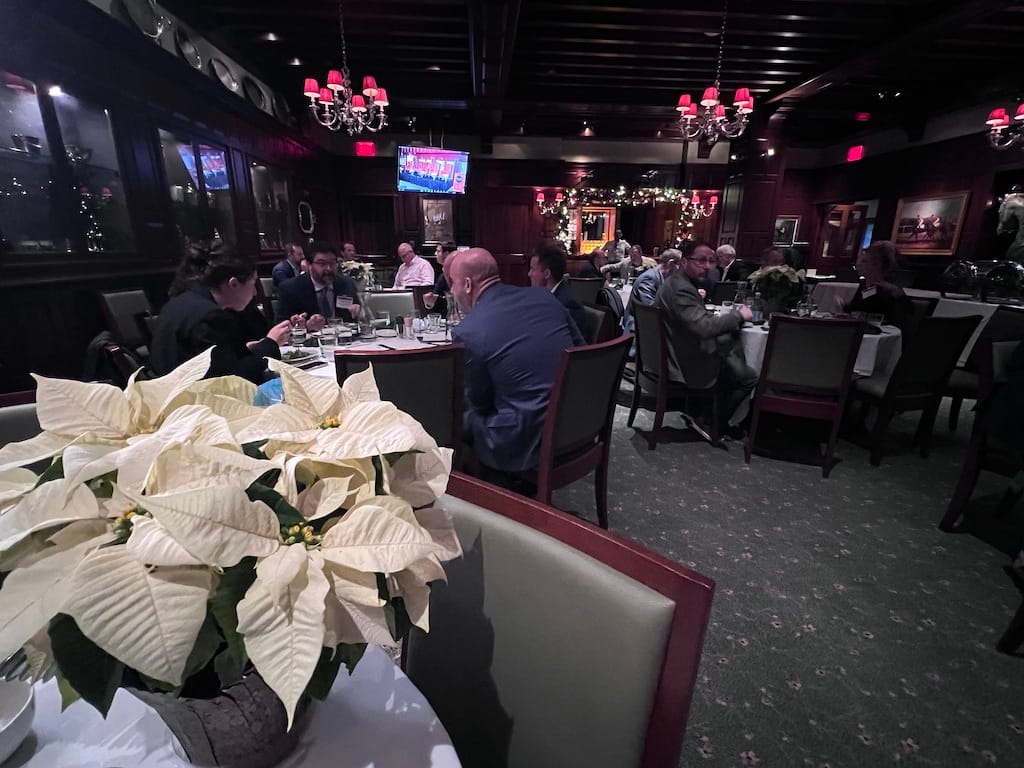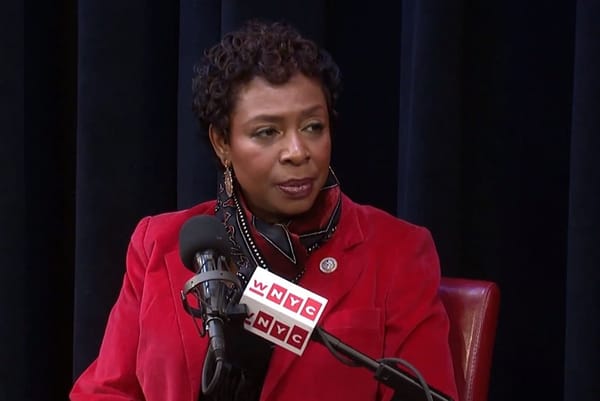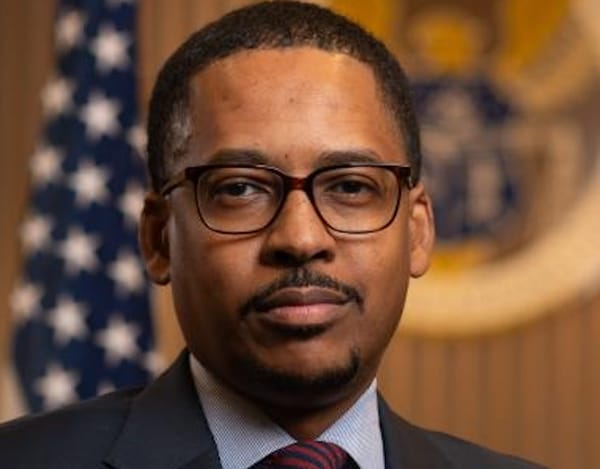State Broadband Officials Gear Up for Map Challenges as Some Still Concerned About Resources
Some state officials are concerned about county-level understaffing.

WASHINGTON, December 5, 2023 — As U.S. states and territories put the final touches on Initial Proposals outlining how they will utilize $42.5 billion made available for broadband expansion through the Broadband, Equity, Access, and Deployment Program, state broadband offices are gearing up for what is expected to be a months-long challenge process ahead, said panelists at the Digital Infrastructure Investment Summit 2023.
While each of the 56 states and territories may determine their own preferred approach, each challenge process is required to include the following four phases: (1) publication of locations deemed eligible for BEAD funding; (2) a challenge process in which a unit of local government, a nonprofit organization, or a broadband service provider may submit refuting evidence; (3) the challenged service provider may rebut the reclassification of a location with evidence; and (4) states and territories determine of the final classification of the location.
Louisiana’s adjudication process is set to begin this Friday, and the state already has “160,000 unique location challenges,” said Thomas Tyler, deputy director of Connect Louisiana. The challenge process is projected to last until January 2024, when the state’s broadband office will make its final decision on eligible BEAD locations and submit its findings to the National Telecommunications and Information Administration for approval.
Rick Gordon, director of the Maryland Office of Statewide Broadband, issued a warning to entities to do their due diligence when declaring locations to be served or unserved. “Once addresses are claimed as served, we don’t have the ability to go back and change that, so we have to be very careful,” Gordon said. For example, Maryland will allow an ISP with plans to deploy into an area to claim those addresses to be served, but only if a legally binding agreement with the state exists, which requires the ISP follow through on the agreement. The state projects its challenge process will last from February to May.
The panelists voiced concern over the vast range in different communities’ current understanding of the BEAD program, stating that broadband offices should air on the side of overcommunication with communities as they advance toward their challenge processes. “Some communities have lined up everything they need and are ready to apply for BEAD fairly soon. On the other end of the spectrum, we are working with some communities to bring them up to speed on what the definition of served and unserved is, and what they need to be doing now to challenge some of those things. It’s that range that concerns us,” said Brian Vo, chief investment officer at Connect Humanity.
This sentiment was echoed by Gordon, who detailed that some of Maryland’s county governments merely have part-time IT departments, while other counties have fully staffed GIS departments.
“We need to make sure that these more rural counties are just as equipped to handle the challenge process,” Vo assured.
The panel detailed challenges small or municipal internet service providers have faced in their pursuit of BEAD funding.
Initially, a letter of credit requirement deterred some smaller ISPs from participating in the program. That requirement was waived in early November, as the NTIA responded to public comment that this requirement would prevent the very type of service providers from participating, that BEAD was aiming to bolster.
The panel forewarned that service providers must also account for the fact that BEAD grants are taxable as income on both the state and federal level, which will largely affect the cost of projects. The federal government will tax the awarded grants at 15 percent.
Looking ahead, the panel agreed that BEAD will not connect 100 percent of the unserved, and called for the creation of a subgrant program to reach universal connectivity.
“We are going to need more capital, and new investment models,” voiced Vo. “Continued communication with regulation is critical.”
The session was moderated by Maria Curi, a reporter at Axios.
Editor’s note: A prior version of this story incorrectly noted the month that Louisiana’s challenge process will end. It will end in January, not May.








